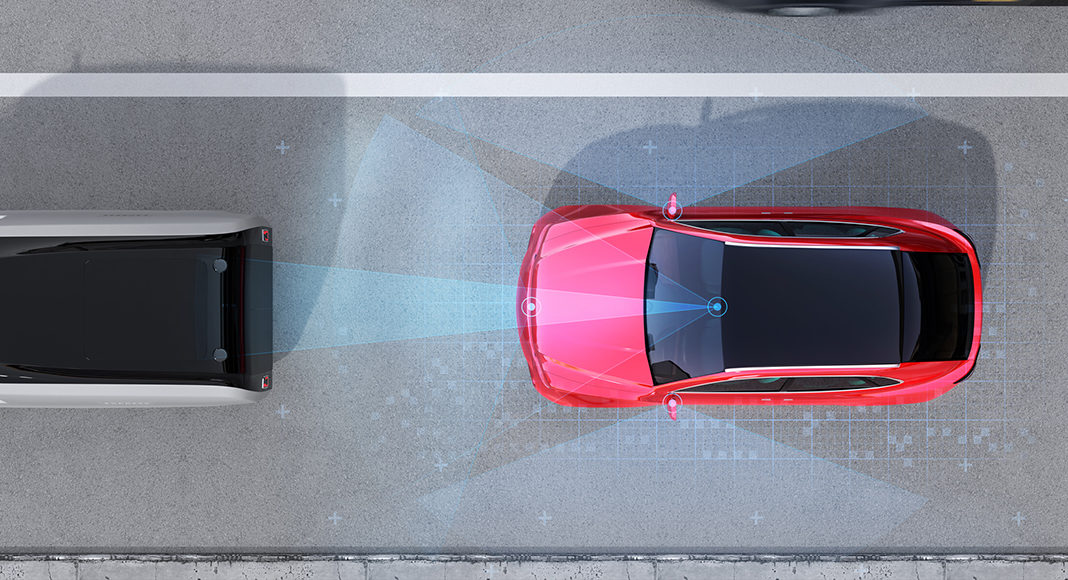Ten automakers report equipping more than half of the vehicles they produced between September 1, 2017, and August 31, 2018, with automatic emergency braking (AEB), according to the National Highway Traffic Safety Administration (NHTSA) and the Insurance Institute for Highway Safety (IIHS).
In the second update of manufacturer progress toward equipping every new passenger vehicle with the crash avoidance technology by September 1, 2022, three manufacturers â Mercedes-Benz, Tesla and Volvo â report 93 percent or higher conformance with the voluntary commitment, with Tesla at 100 percent.
Toyota leads in terms of the total number of vehicles produced with AEB. The vehicle manufacturer equipped 2.2 million (90 percent) of its 2.5 million vehicles with AEB. Nissan has the second-highest number produced with AEB â 1.1 million (78 percent) of 1.4 million vehicles. Honda is third-highest with 980,000 (61 percent) of 1.6 million vehicles produced with AEB.
âTechnologies like automatic emergency braking can help make cars safer on the roads, which means Americans are safer when traveling,â said NHTSA Deputy Administrator Heidi R. King. âThis update on the status of the voluntary AEB commitment demonstrates how collaborative approaches to advance safety technology can be an effective way to advance our shared safety goals. Working together, we can reduce crashes and prevent injuries.â
The data is reported as part of a voluntary commitment by 20 auto manufacturers to equip virtually all new light-duty cars and trucks with a gross vehicle weight of 8,500 pounds or less with a low-speed AEB system that includes forward collision warning (FCW) and crash imminent braking (CIB) to help prevent and mitigate front-to-rear crashes.
Agreed in 2015 by NHTSA and IIHS, the commitment is intended to get the safety technology into the vehicle fleet faster than requiring it via a federal rulemaking. IIHS estimates that the commitment will prevent 28,000 crashes and 12,000 injuries by 2025. IIHS research shows that AEB systems with both FCW and CIB reduce rear-end crashes by half, while FCW alone reduces them by more than a quarter.
âGetting AEB on the road as soon as possible was the main aim of the commitment, and this latest report shows that a significant proportion of vehicles left the factory with AEB on board,â said David Zuby, Executive Vice President and Chief Research Cfficer of IIHS.
The participating automakers include Audi, BMW, Fiat Chrysler, Ford, General Motors, Honda, Hyundai, Jaguar Land Rover, Kia, Maserati, Mazda, Mercedes-Benz, Mitsubishi Motors, Nissan, Porsche, Subaru, Tesla Motors, Toyota, Volkswagen and Volvo. These companies represent more than 99 percent of the U.S. automobile market.
For details on the voluntary agreement, reports from manufacturers, and model information, visit the public docket at regulations.gov, docket number NHTSA-2015-0101.



















